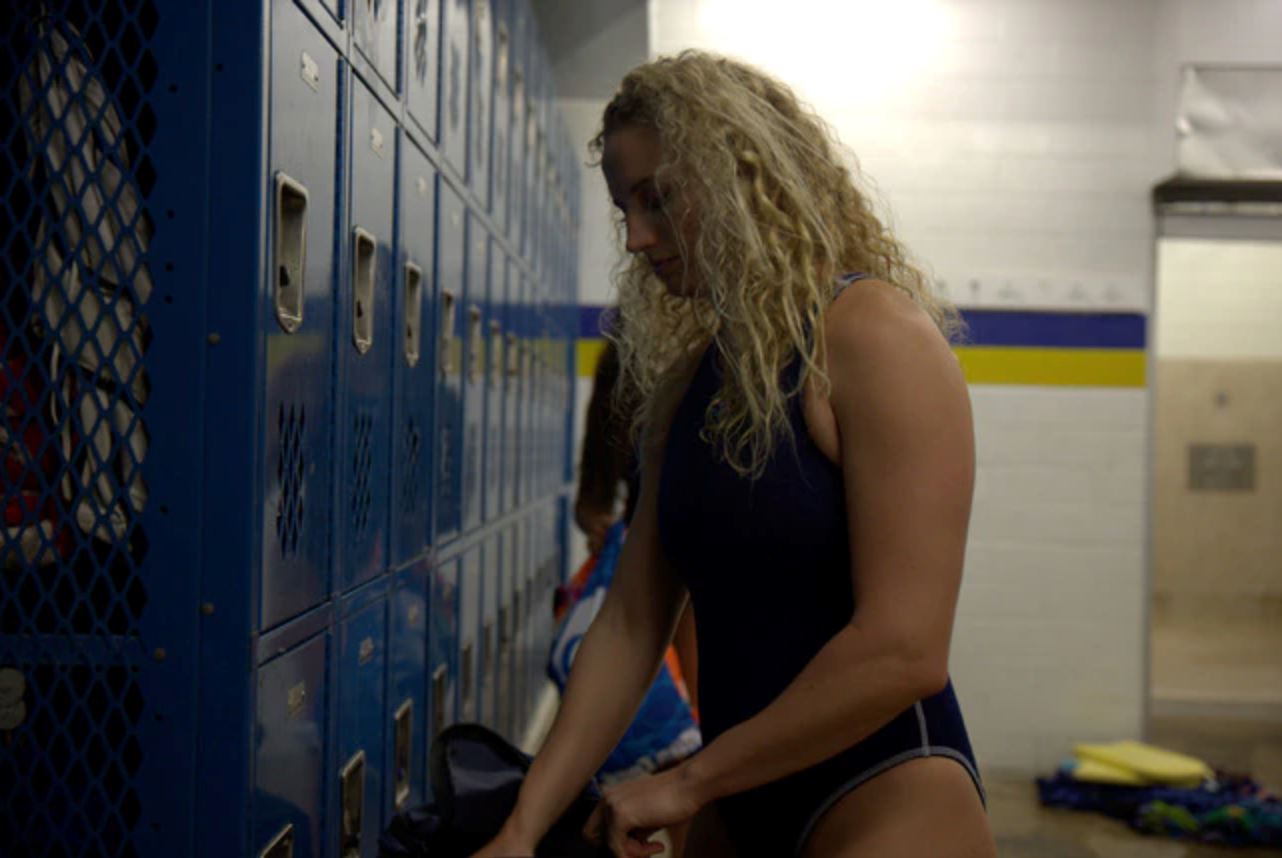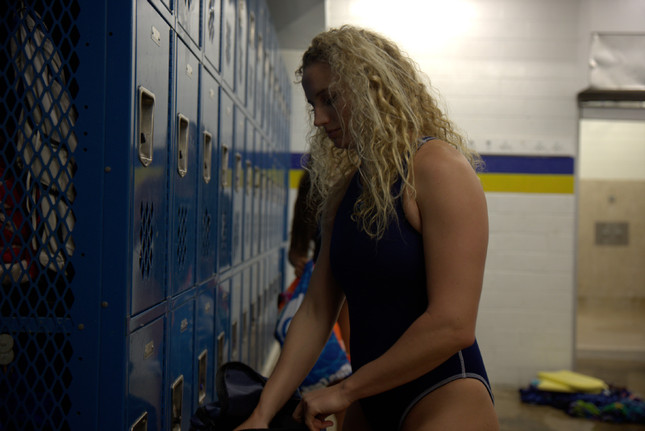Your Cart is Empty
Think about the last time you failed to accomplish a goal that meant a lot to you. Examples include: goals for a club or high school season, for a class, to accumulate a number of statistics, to gain acceptance, to be selected for a team, etc… As you put yourself back in that moment of failure, think about what you did next in that moment, day, week, month, and year. What did you learn about yourself? How did you grow as a person and an athlete? What could you have done better?
If your answers to these questions do not indicate progress in any way shape or form then you have missed an opportunity. The opportunity is the chance to improve from the setback. Any time you experience failure along your pursuit of excellence, you have a choice. You can either choose to play the role of victim to the outcome of your circumstances or the role of aggressor.
The victim sees failure as final. Their interpretation is centered on all the uncontrollable influences that contributed to the negative result. They place blame on the coaches and environment involved so that the responsibility doesn’t fall on their shoulders. Learning is not an option because their perception of the outcome is that it was unfair and unjust.
The aggressor sees failure as fuel. They find inspiration in the fact that they pushed themselves to the point of failing. The information gained from this instance provides knowledge about their present ability so that they may create a new plan. The point of failure is now the bottom of their potential. They understand that maximum effort targeted in an efficient way allows them to get the most out of the opportunities they have in front of them.
While there may be circumstances that validate the victim mindset, choosing to focus on them does not benefit the long-term vision. Operating in the moment with 100% commitment to the task at hand should prove that you did the best with what you knew. Improvement is a life-long process. Results, whether negative or positive, serve as information for the next pursuit. The next time you fail, ask yourself: “Do I want to be the victim or the aggressor?”
Brian Alexander is a certified consultant with the Association for Applied Sport Psychology (AASP) and former USA water polo national team athlete who works with athletes of all ages and levels on aspects of the mental game. Please contact Brian for one on one or team mental skills sessions.
www.athletementalskillscoach.com
Follow him on Twitter and Facebook for articles and updates related to the mental game:
Twitter – @BA_POS_MIND
Facebook – www.facebook.com/AthleteMentalSkillsCoach




